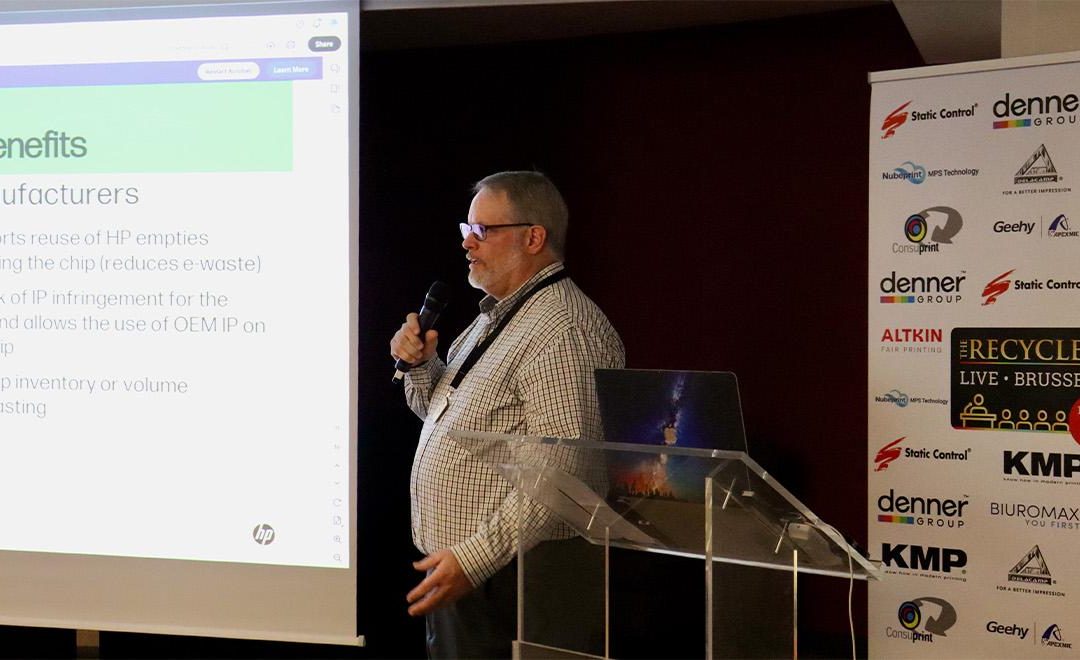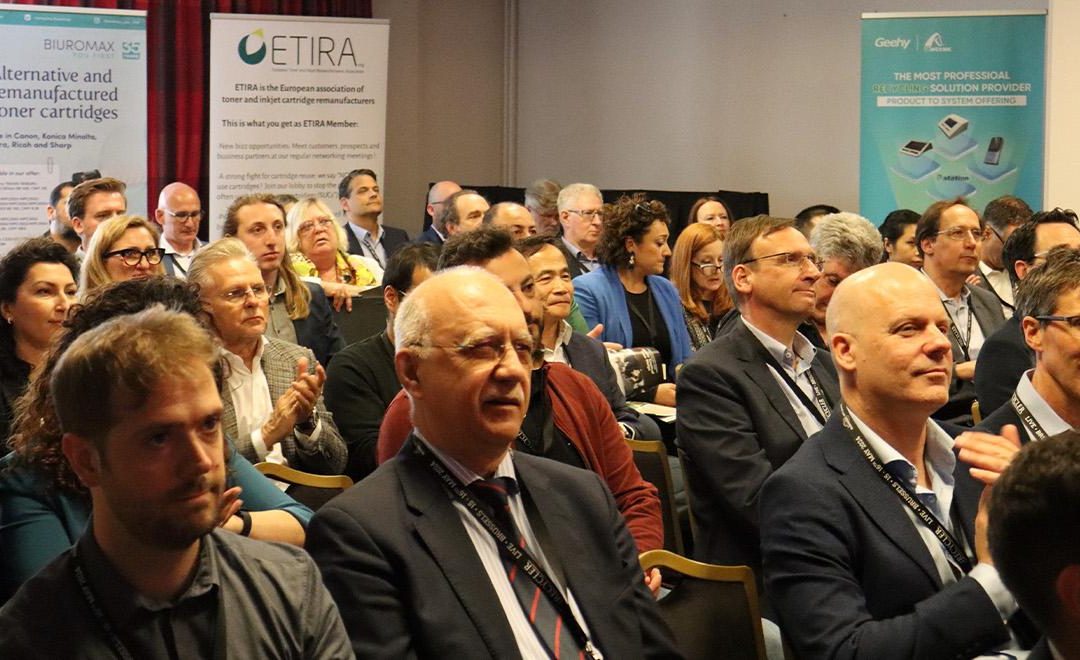The Future of Work European Employee Survey from International Data Corporation (IDC) found that, one year later, almost one-third (32%) of European employees are actively looking for alternative employment.
In the aftermath of the COVID-19 pandemic, European organisations experienced a wave of resignations during early 2021, dubbed by some as “The Great Resignation.” At a time of labour shortages and recruitment challenges, this is troubling news for European organisations.
IDC said that a clear disconnect exists between employers and employees in defining what makes a good working experience. Managers are prioritising tech investments to enable hybrid work, while employees worry about declining company culture. In fact, upgrades of collaboration technologies and facilitating secure hybrid work top the list of concerns for IT decision makers, while staff fear the way their work is assessed and a lack of connectedness. Despite this, 25-30% of hybrid workers are not satisfied with the tech provided by their company.
Employee experience has become a key factor for organisations in terms of attracting new talent and retaining existing employees. While better pay is the number one factor supporting employee attrition, IDC’s survey shows that an unfulfilling employee experience is the second major cause of employee churn. The survey also demonstrated a massive difference in attrition risk between those employees with satisfying employee experience and those without. In a transformed labour market, employee working conditions and overall happiness have become key factors for organisations that want to minimise resignations.
“A continuing focus on technology as a one-stop solution to improve employee experience is problematic, as remote employees primarily struggle with cultural experience disparity,” said Meike Escherich, Associate Director, European Future of Work at IDC. “Successful flexible work models rely on a shift away from the old in-office ethos of command and control toward a culture of employee enablement.”
European organisations can reduce their labour shortage headaches significantly by focusing on the aspects of employee experience where the shortfalls are. And the HR function and HR technologies can play an important role in improving the employee experience. “Our survey also highlighted employee experience shortfalls related to company culture and leadership… but even in such fundamental areas, HR management can help facilitate change and measure progress,” said Ivan Oz, senior research analyst, European Software Research.
Other key findings from the recent Future of Work European Employee Survey include insights into the following areas:
- What are the red flags related to retention in Europe?
- What aspects of employee experience matters most?
- Which digital workplace technologies are employees using? Are they satisfied with them?
- What are employees’ top security worries?
- Do employees feel that their work is assessed properly? Do they feel trusted? Do they feel disconnected? Do they feel part of a team?
This research is available through IDC’s European Future of Work research service and IDC’s European Enterprise Applications research service.









